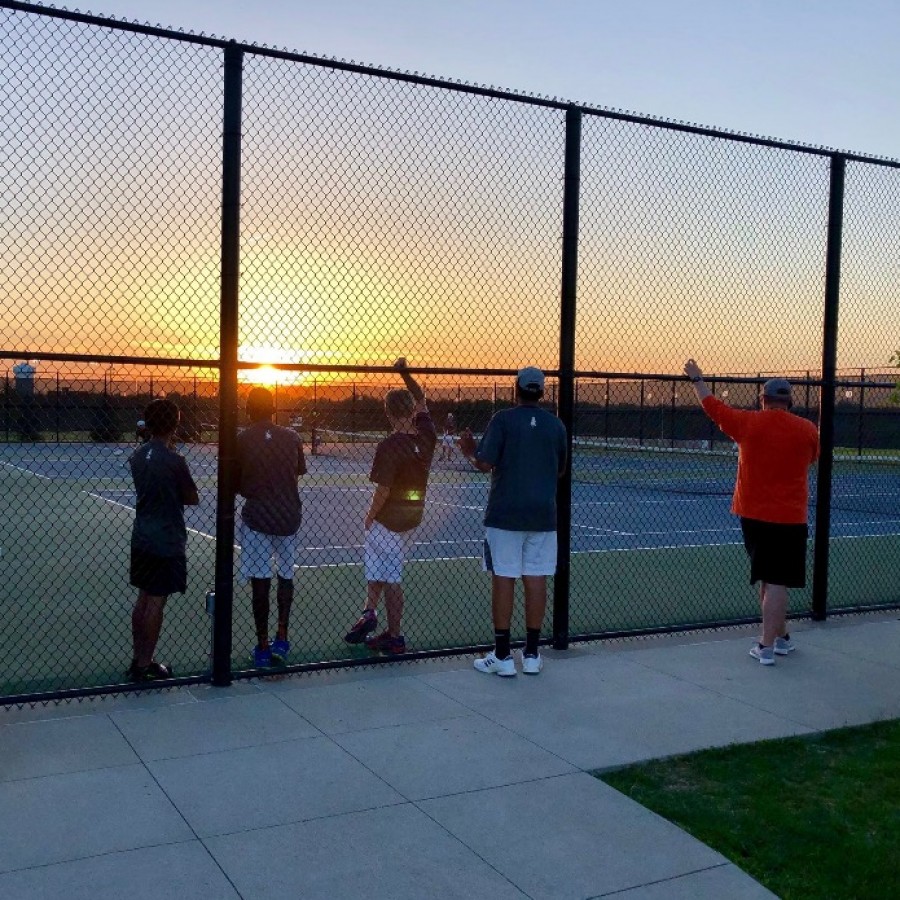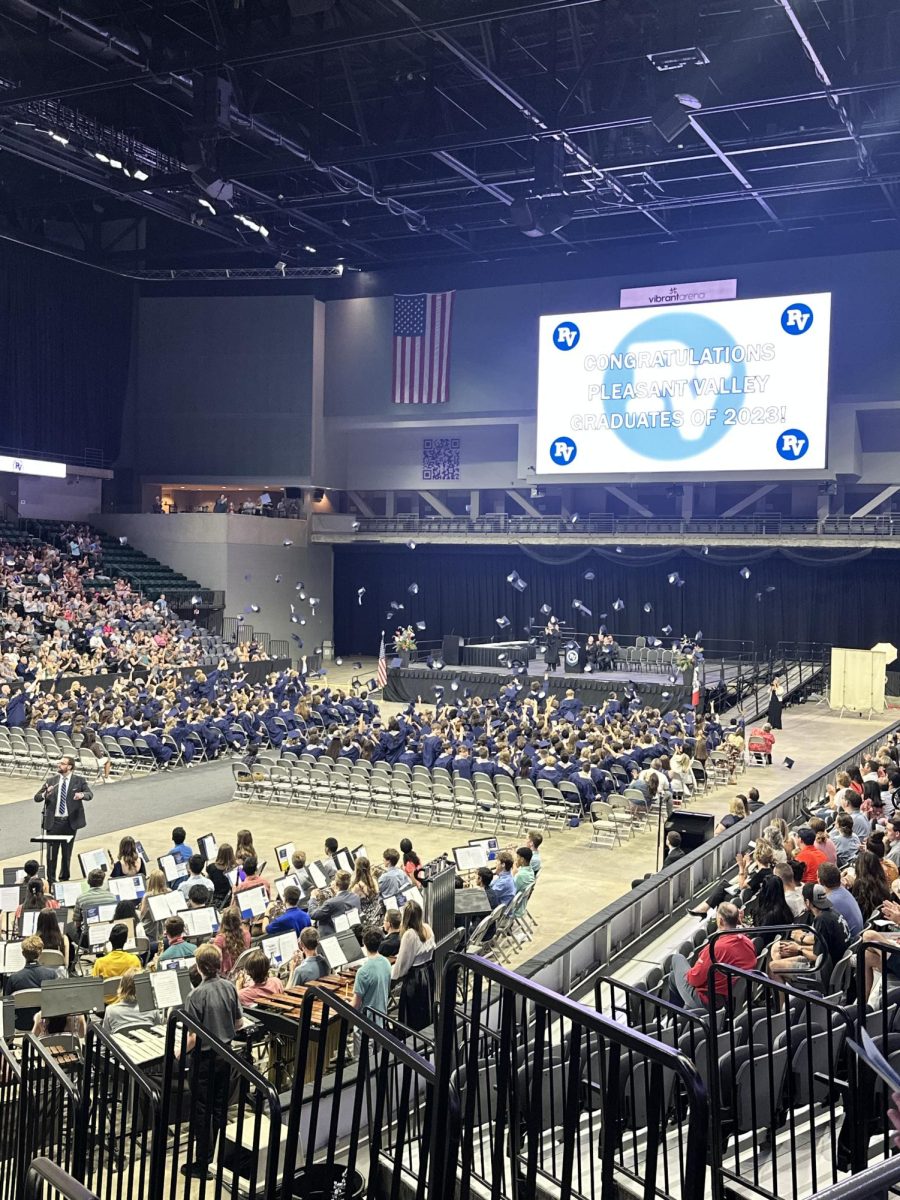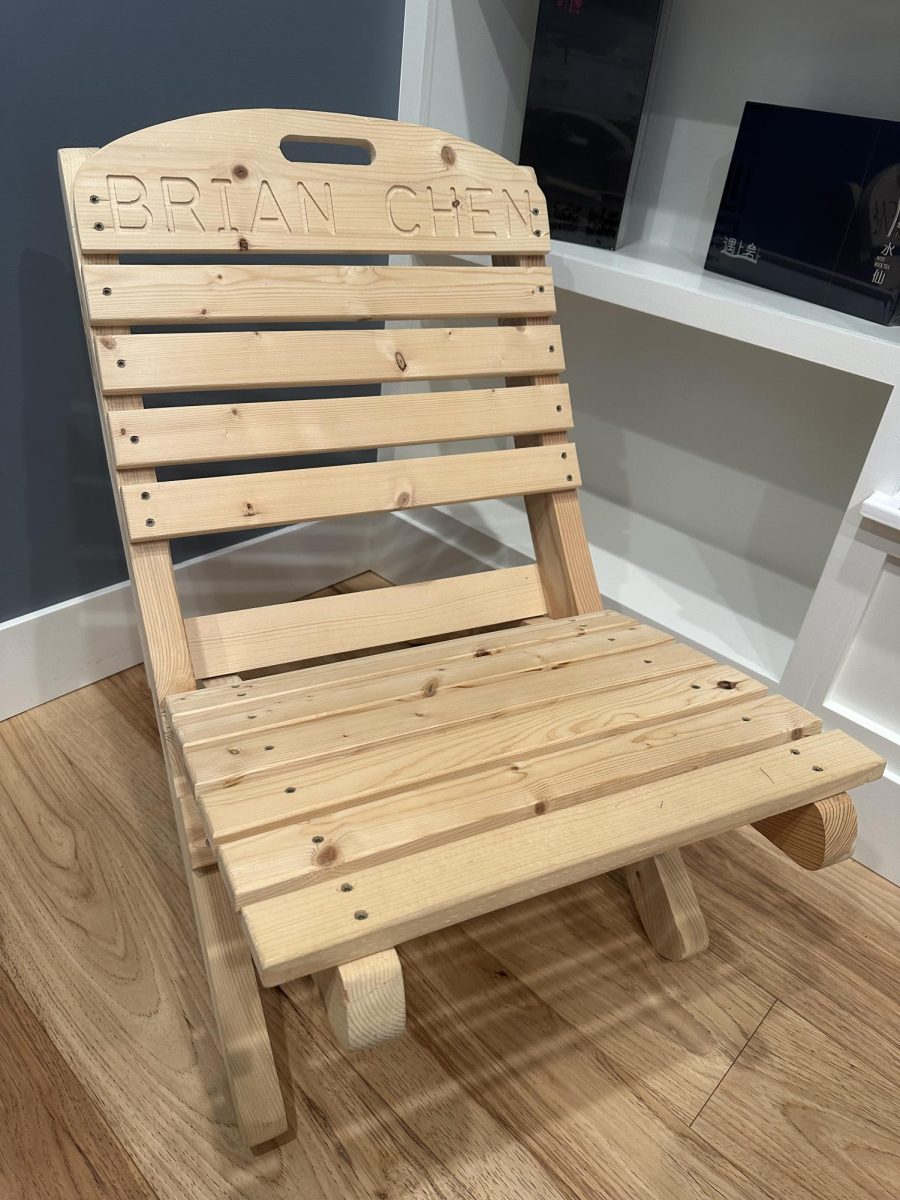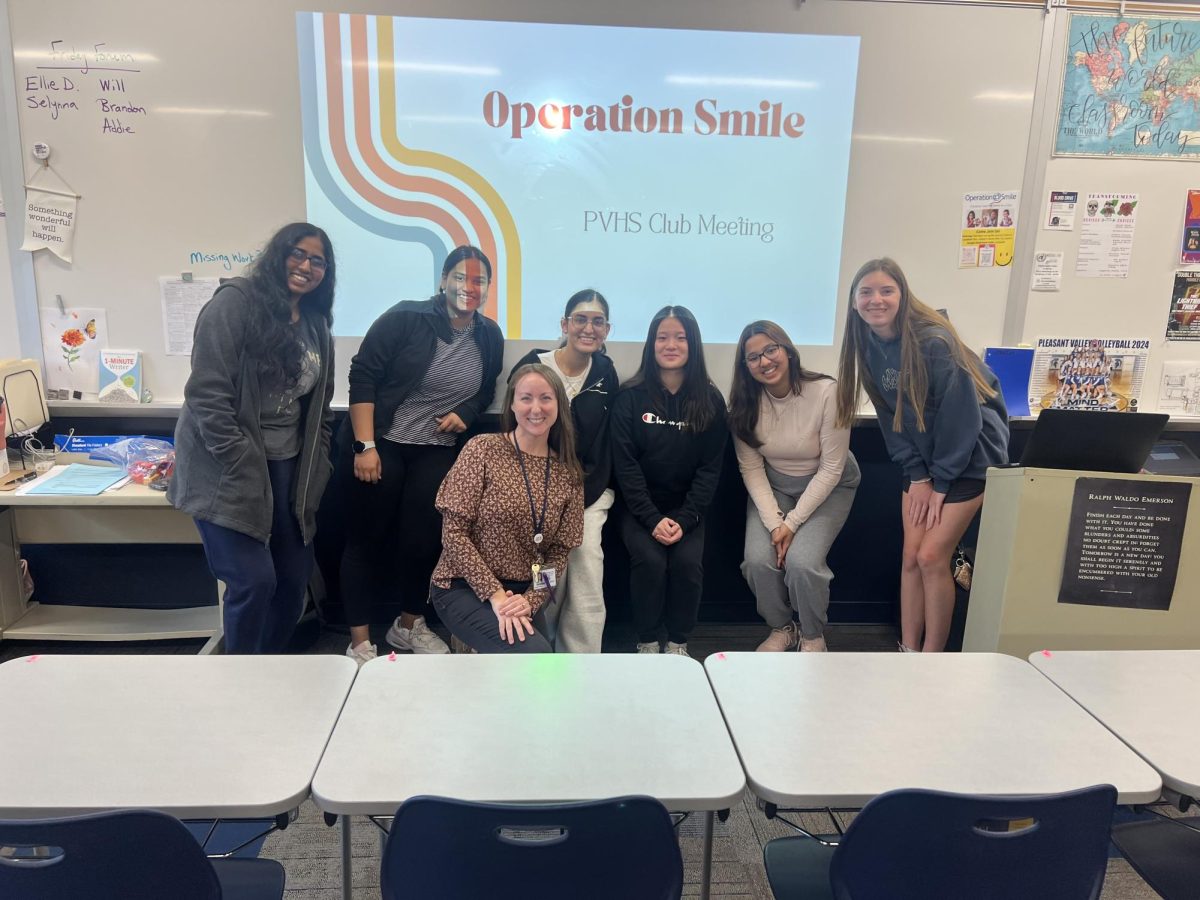With two to three varsity meets a week, homework and tests looming over their heads, and already skewed sleep schedules, student-athletes lead very busy lives. When a competition exceeds its normal time limit or takes place far away from home, athletes say they face negative consequences for events out of their control.
The boys’ track team has an annual meet at the UNI indoor track facility; this results in a two and a half hour drive home on a school night. This year, the meet was on a Tuesday, and the team got back to the high school near midnight.
Freshman Tarun Vedula, who competed in the 1600 meter run at the UNI track meet, provided insight on doing homework the day of the meet. “At the meet, I was focused on racing and cheering for my teammates. On the bus ride there, it was really bumpy, making it almost impossible to do my homework,” Vedula said. “On the bus ride back, it was pitch dark outside, and it was almost midnight when I got home, so I just ended up not doing it,” he continued.
Additionally, many of the participating athletes are in the school’s weightlifting class. Some athletes have the class in the middle of the day, but those in the advanced class, depending on whether they are in the early bird or first-period session, must arrive at either 6:30 or 7:30. This gives the athletes about six hours of sleep to recover from the meet and prepare them for an hour-long weightlifting class, grueling academics, and practice the next day.
Last year, the boys’ tennis team played a meet at West Des Moines Valley High School on Monday, May 7. Additionally, three of the participating players had to an AP exam the following day. AP exams are extremely important because the student can receive college credit for the subject on which they are testing.
Junior Kiran Marla commented about the predicament the schedule created. “After a long meet with one of the best teams in the state, everyone was mentally and physically exhausted. I had no motivation left to study for the AP exam I had the next day, especially since I got home at 12:30 AM,” Marla said. “Getting home that late would be bad enough on a regular school day, but the AP exam the next day made it especially bad.”
Even though these meets have a predetermined late end time, they often start in the middle of the day. This requires the athletes to attend the beginning of the school day and are often assigned homework in those early classes. When they go back to class the next day, the teacher will be expecting the homework to be completed, not knowing the student had little to no time to complete the work with quality or accuracy.
Kevin Gaffney, an English teacher at PV, mentioned his expectations from athletes. “If it’s assigned, I expect it to be done. Most of the homework I am assigning to my sophomores is reading, so they have time on the bus to read, or they can do it in a study hall or before school,” Gaffney said. He continued to say, “The work in my creative writing and college writing classes is usually assigned over a period of time, so having one less workday won’t set them back too much.”










